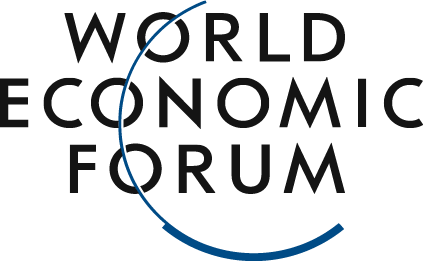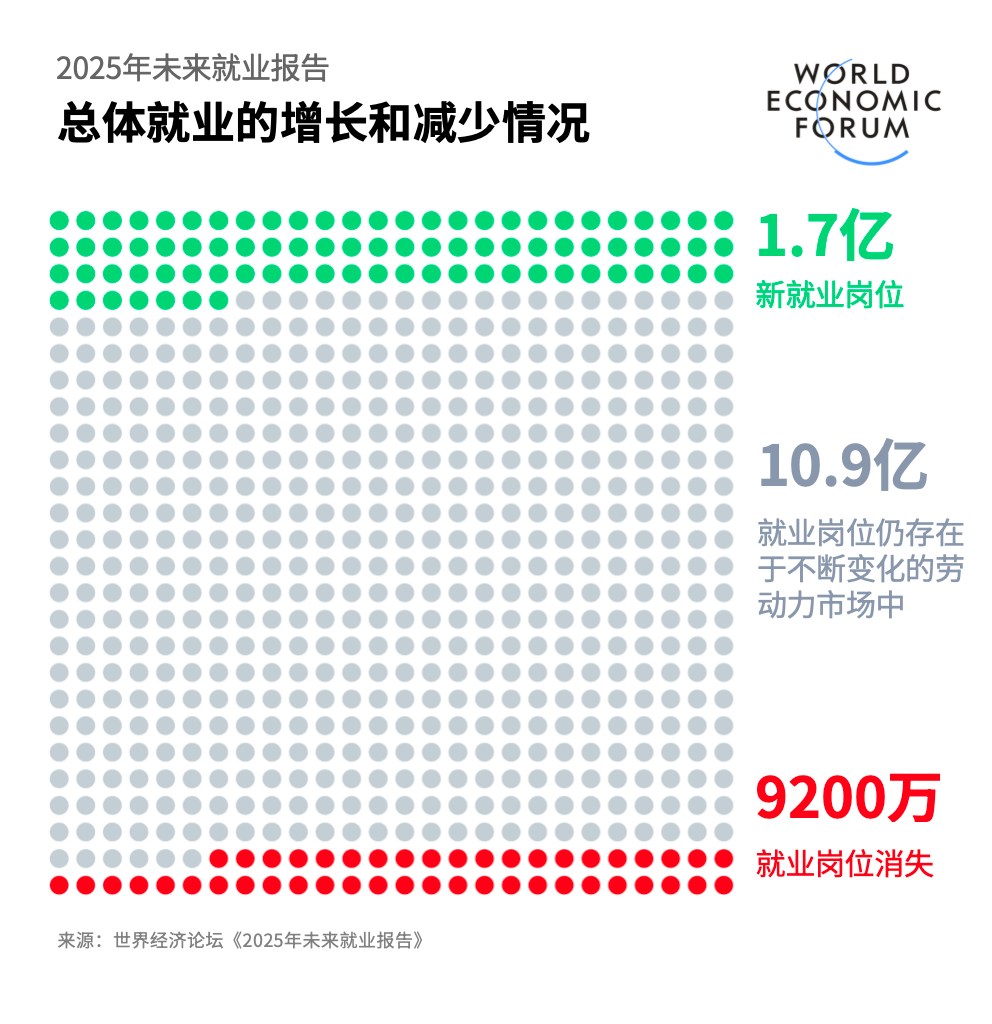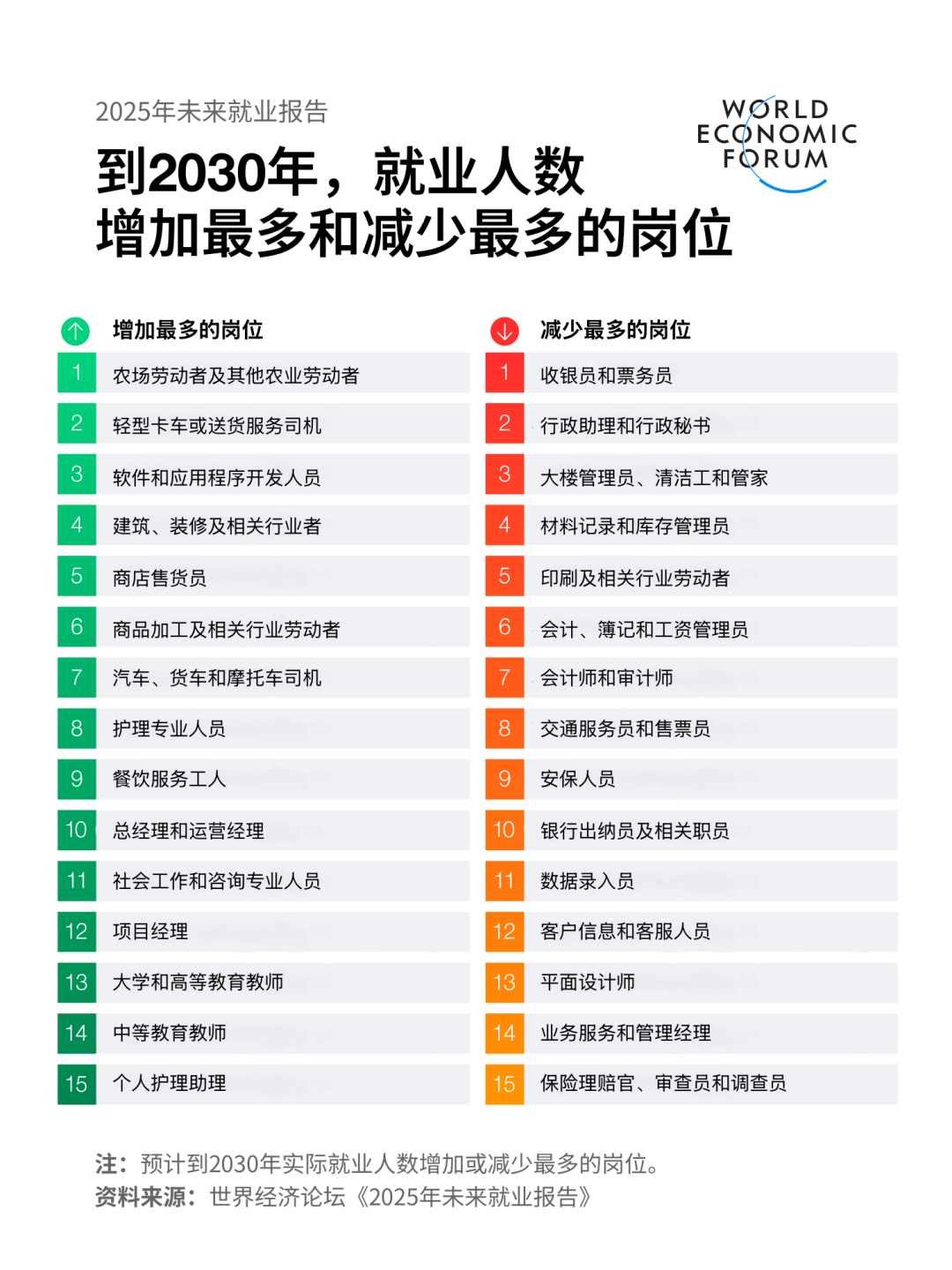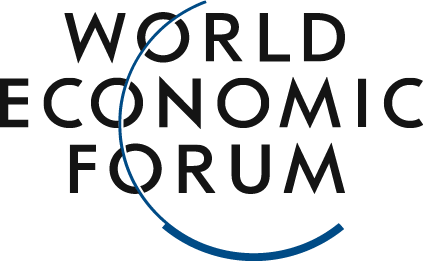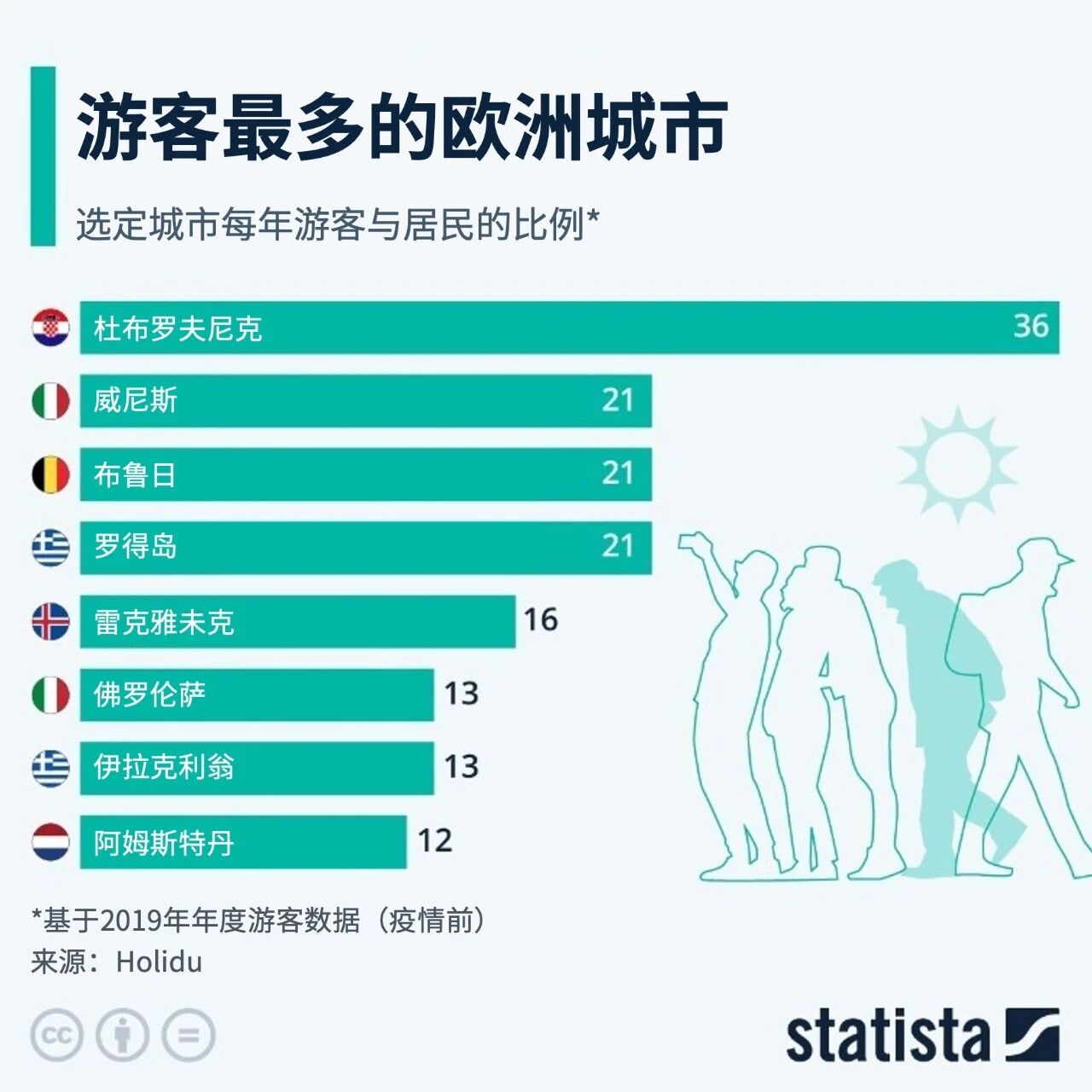2025,
:Unsplash/Scott Graham
Till Leopold
The newly added jobs represent 14% of the current employment level. Additionally, 92 million jobs are expected to disappear due to existing trends. This means that net job creation will reach 78 million positions.So, what exactly are these jobs? And what skills do people need to have in order to land one of them?To uncover the answers, the "2025 Future of Jobs Report" surveyed more than 1,000 of the world's largest employers, representing 22 industry clusters and over 14 million workers.The next five years are expected to create 170 million jobs,Technological trends are driving the growing importance of certain jobs.
Image source: World Economic Forum
The Five Careers of the FutureSome job roles are growing rapidly—percentage-wise, demand is surging for positions driven by technological advancements like artificial intelligence. These roles include big data specialists, fintech engineers, and experts in AI and machine learning.But what about the absolute numbers? The "2025 Future of Jobs Report," combining estimated figures from surveyed companies with employment data from the International Labour Organization, identifies the 15 occupations with the largest net growth and decline.The fastest-growing jobs are primarily core positions in many economies.Farm workers top the list. The growing trend toward green transformation—driven by efforts to cut carbon emissions and tackle the climate crisis—will fuel economic growth, creating an additional 34 million jobs by 2030 and boosting the total number of farm workers to 200 million. Meanwhile, expanded digital access and rising living costs are also contributing to the sector's continued expansion.Also ranking in the top five are delivery drivers, software developers, construction workers, and retail salespersons.Food processing workers are also among the fastest-growing job categories, while caregiving roles—including nursing professionals, social workers, and counseling specialists—are projected to see significant growth over the next five years. The report attributes this trend to the aging population, particularly the increasing proportion of older individuals in the working-age demographic.Farm workers rank among the fastest-growing professions.
:World Economic Forum
Workers need skills to thrive.Employers anticipate that by 2030, 39% of the key skills required in the job market will have changed. While this figure represents significant transformation, it remains lower than the 44% projected for 2023. The "2025 Future of Jobs Report" highlights that the growing emphasis on continuous learning, skill enhancement, and reskilling initiatives is enabling companies to better anticipate and manage future skill demands.In the next five years, technical skills are expected to grow in importance faster than any other skill. At the top of the list are artificial intelligence and big data, followed by networking and cybersecurity, as well as digital literacy.Creative thinking, adaptability, flexibility, and agility, as well as curiosity and lifelong learning, are also becoming increasingly important.The top 10 emerging skills also include leadership and social impact, talent management, analytical thinking, and environmental stewardship.The report states that companies are increasing their investments in reskilling and upskilling programs to ensure their workforce remains adaptable to evolving demands. Meanwhile, the World Economic Forum’s Center for the New Economy and Society is collaborating with businesses, academia, and governments to help people around the world prepare for the future economy—through initiatives like its Jobs Initiative and the Reskilling Revolution platform.
The above content solely represents the author's personal views.This article is translated from the World Economic Forum's Agenda blog; the Chinese version is for reference purposes only.Feel free to share this in your WeChat Moments; please leave a comment at the end of the article or on our official account if you’d like to republish.
Editor: Wang Can
The World Economic Forum is an independent and neutral platform dedicated to bringing together diverse perspectives to discuss critical global, regional, and industry-specific issues.
Follow us on Weibo, WeChat Video Accounts, Douyin, and Xiaohongshu!
"World Economic Forum"
